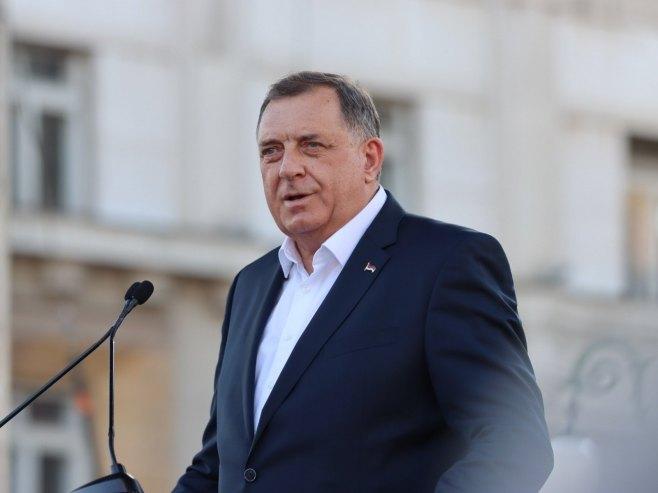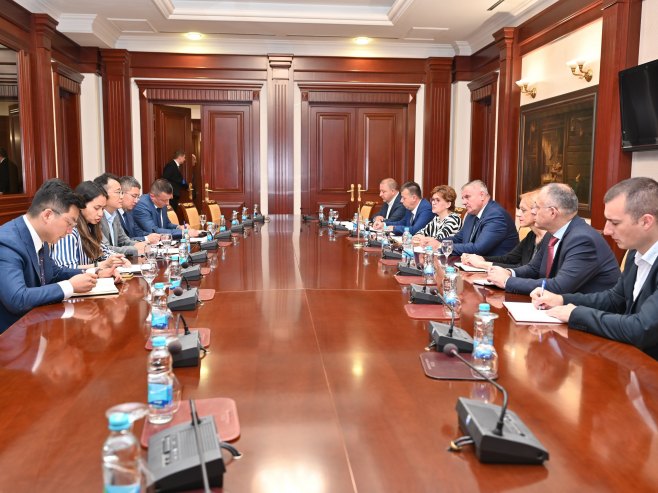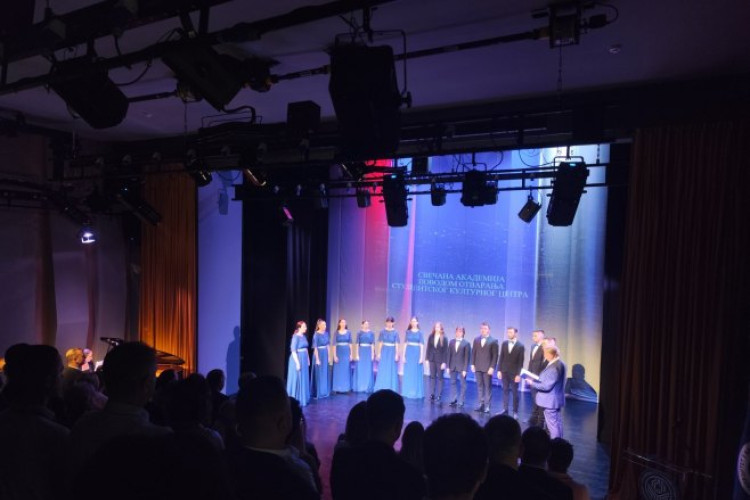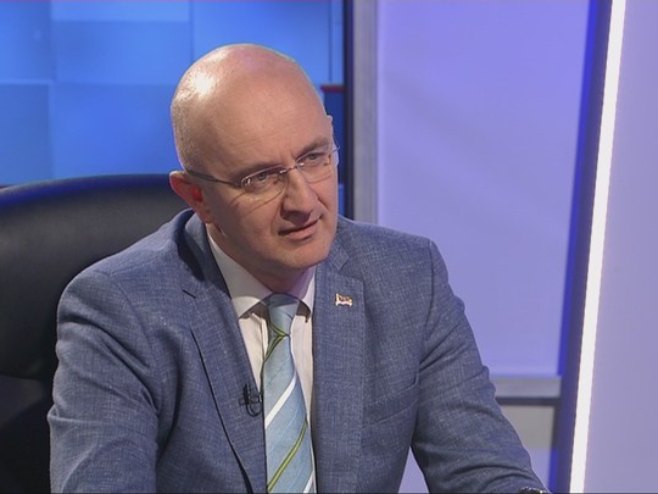The intention of the Bosniaks and representatives of the collective West to label Republika Srpska as genocidal, thus undermining Bosnia and Herzegovina’s constitutional framework towards a unitary, Muslim state, will not succeed, asserted Milorad Dodik, President of Republika Srpska. Experts warn that the Srebrenica resolution is a unilateral political act threatening to dismantle the foundations of Dayton-established Bosnia and Herzegovina. Condemnation of the move to characterize the Srebrenica crime as genocide once again came from Jews who were victims of genocide by Germany during World War II.
Bećirović, Komšić, and Lagumdžija continued their lobbying efforts in New York to have the UN General Assembly adopt the Srebrenica Resolution. They repeat that it is not aimed against anyone, that they do not intend to label the Serb Republic or Serbs as genocidal, but to contribute to better coexistence in Bosnia and Herzegovina. While in New York, Komšić also attended the anniversary of the so-called Army of BiH, ostensibly for peace. However, such actions are typical for this trio and their sponsors. “29 years after the events in Srebrenica and its surroundings, they continue with their malicious assaults on Republika Srpska and the Serb people,” President Dodik emphasized.
“They want to mark us for all time, our ancestors and our descendants, as ‘genocidal’, to abolish Republika Srpska and realize their dream of a Muslim Bosnia and Herzegovina. If it weren’t so sad and tragic, it would be laughable that Germany, which committed genocide, is today drafting a resolution to declare the Serb people genocidal. You cannot wash away the stain from your name by transferring it to others. There is only one truth, and the Serb people have always been on the side of truth and justice, and that will remain,” Dodik highlights.
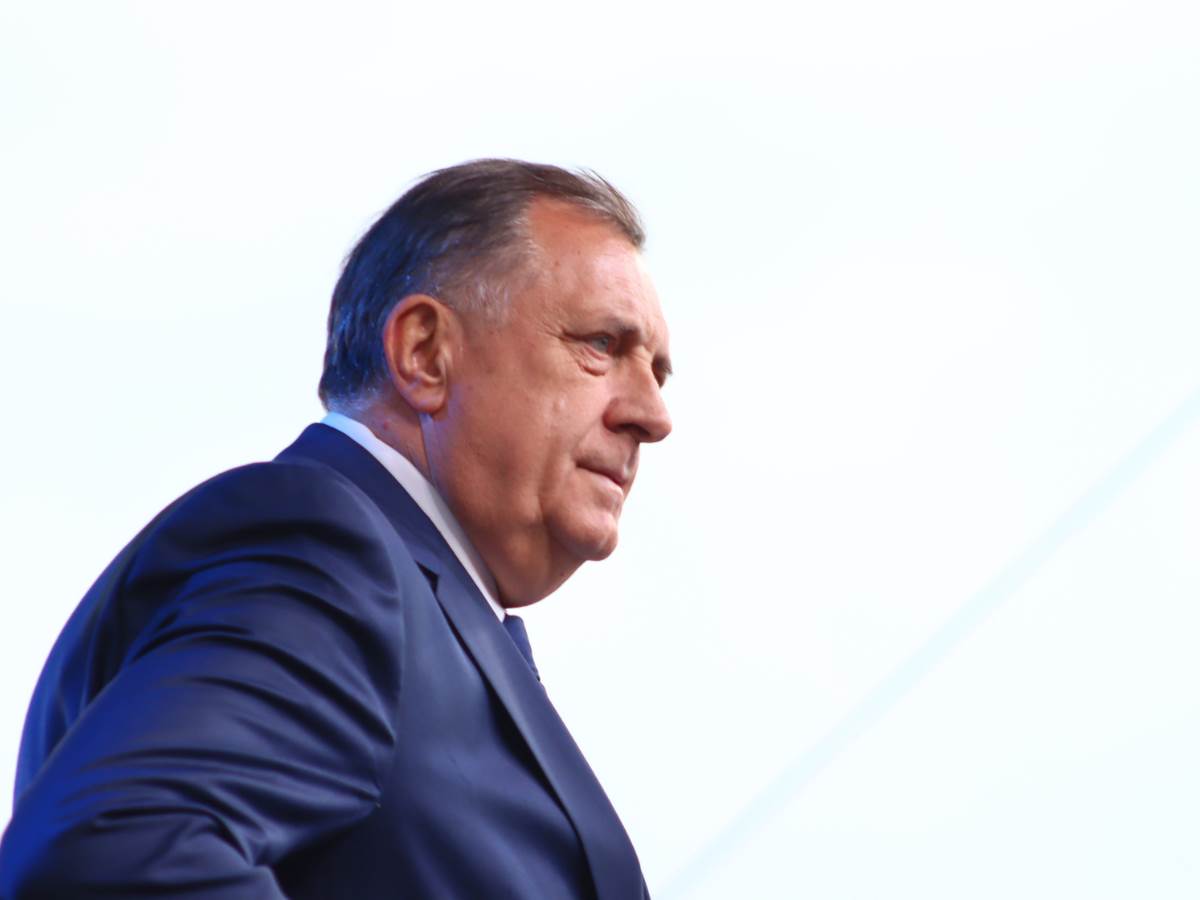
The public gathering “Republika Srpska Calls You,” which honored all victims and annoyed political Sarajevo, revealed the essence. Dušan Pavlović, Director of the Center for Socio-Political Research, states that the anticipated resolution in the UN General Assembly is a unilateral political act aimed at political Sarajevo and representatives of the collective West to absolve themselves of the crimes they committed.
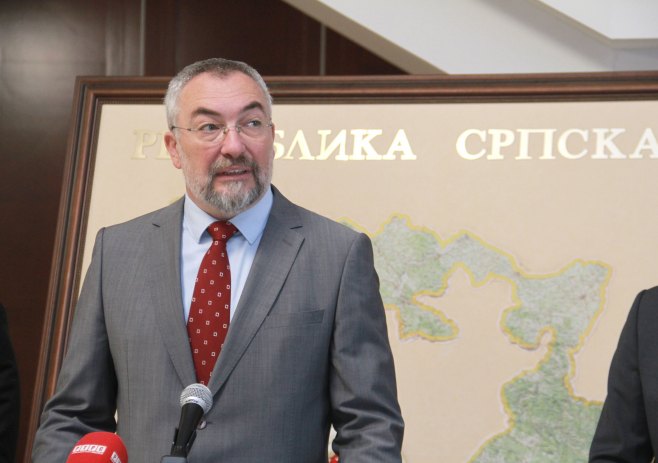
“Suddenly, it’s genocide, but nothing else is. Not what happened in Africa, North and South America, or Asia. Not the genocide committed against Serbs during WWII and the 1990s,” Pavlović emphasizes.
“Serbs have constantly been denied their victimhood by the Federation, with calls for accountability and facing the past,” says Miloš Šolaja, professor at the Faculty of Political Sciences in Banja Luka. “Unfortunately, these day-to-day political purposes can have lasting consequences. Ultimately, this will all be evident when the voting passes,” Šolaja notes.
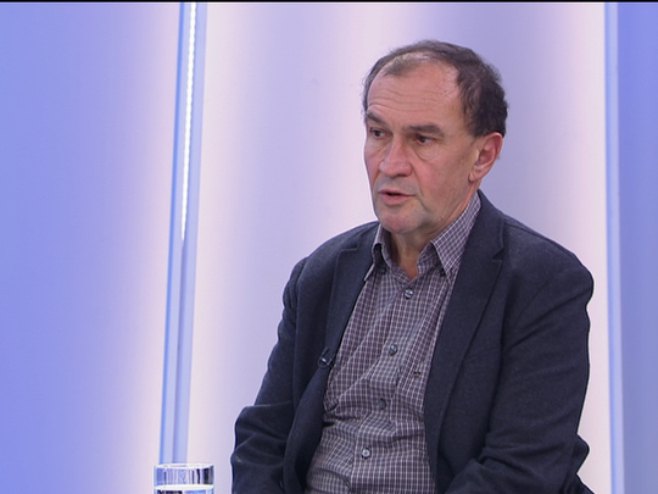
Professor Dragan Dakić of International Public Law at the University of Kragujevac points out that the event in Srebrenica cannot carry the universal symbolism of a crime because it is morally disputable through the prism of existing acts adopted in the United Nations system.
Efraim Zuroff, director of the “Simon Wiesenthal Center,” has repeatedly warned that the crime in Srebrenica, while undisputed, does not meet the definition of genocide, stating that accusations of genocide are used as a political tool. Richard Grenell, former White House envoy for the Belgrade-Pristina dialogue and a close associate of former US President Donald Trump, agrees with Zuroff.
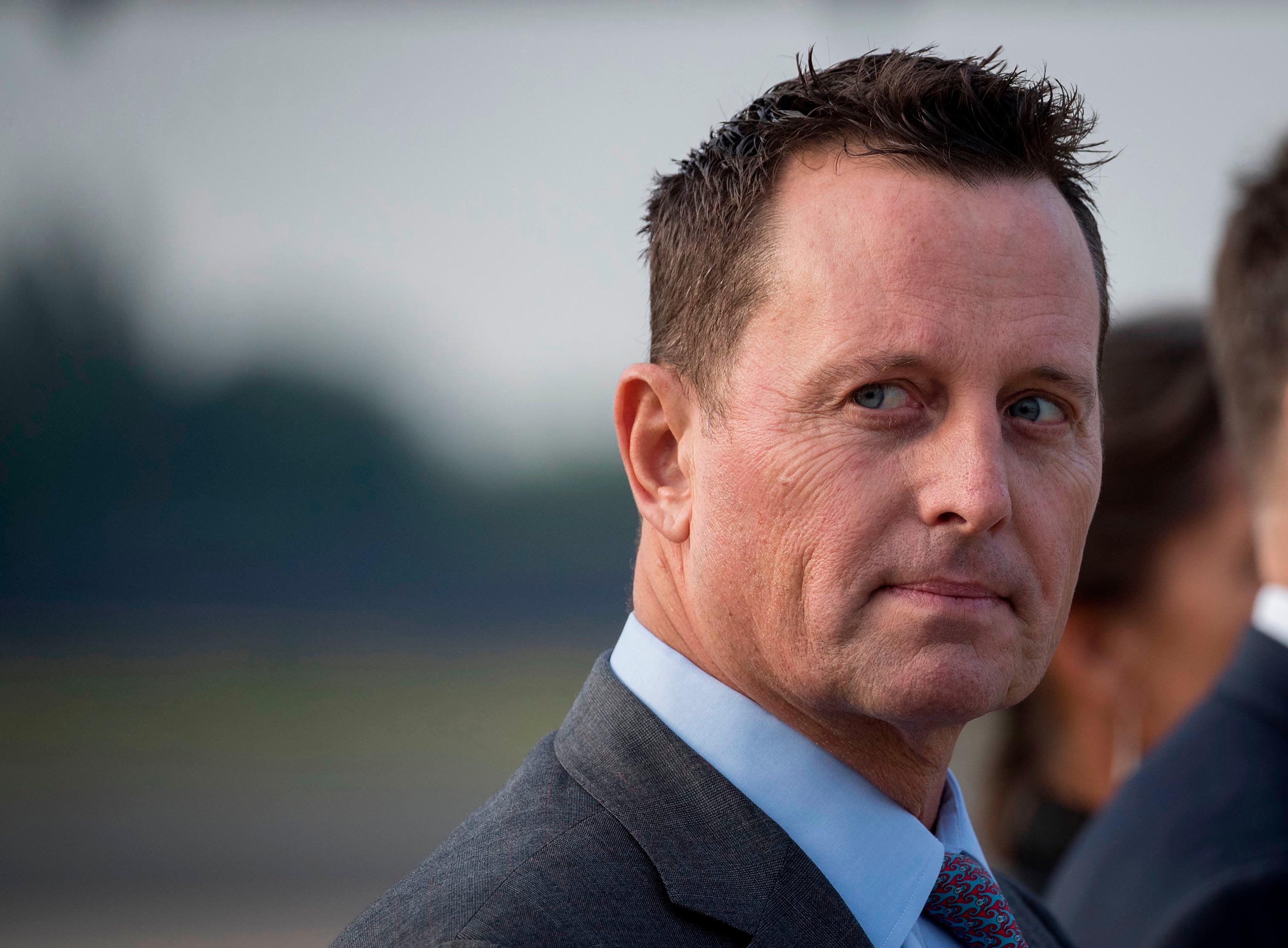
“Germans are pushing a UN resolution to label it as genocide 29 years after the event. Not all war crimes should be labeled as genocide because it dilutes what the German government did in 1941. Keep politics away from this sensitive, but important labeling,” Grenell stated.
With constant denials of Serb victimhood from the Federation and calls for accountability and confronting the past, representatives of political Sarajevo refuse to accept the invitation from Republika Srpska, issued two days ago at a gathering in Banja Luka, to honor all victims. When the President of Serbia visited Potocari to pay respects to the victims, we know how it ended.
Source: RTRS



